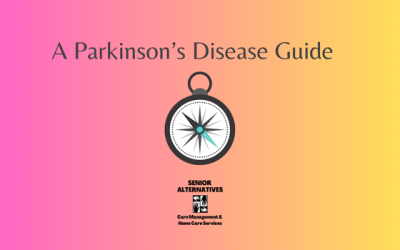October 27, 2014

The transition from a medical setting to another setting is referred to as “discharge planning.” The patient (or client), medical providers, family members, caregivers and care managers can all be involved throughout the planning process. Care managers can play an important role providing supportive patient advocacy. Research has demonstrated that discharge planning is more effective with this type of “team” approach.
The elements of discharge planning are:
1. An evaluation of the patient by qualified medical personnel (physicians, nurses, physical and/or occupational therapists).
2. Discussions with the patient, family, caregivers and care manager about discharge.
3. Planning for the transition (transportation, medications, belongings).
4. Training for caregivers (if needed).
5. Referrals to appropriate community resources.
6. Arrange for follow-up services such as home health care and subsequent medical appointments.
Discharge from the hospital can present the patient and their family with difficult decisions about the next steps. Often, patients feel rushed to make decisions about which facility to go to with too little information. It is important to take control of this process. Taking the time to research the next step in the discharge process is critical.
One way to take control of the situation is to utilize a Care Management agency and their experienced Care Manager team throughout this process. Although the decisions reside with the patient and/or their family, the Care Manager can play an invaluable role assisting with information gathering, decision-making, advocacy, monitoring and support to make the transition as easy as possible.
Whether it be to a rehabilitation center (rehab), back home, or a skilled nursing facility, the more you know about the process, the better prepared you will be to manage the transition successfully.
Related Articles
Boost Cognitive Function Through Brain Exercises
Just like the rest of your body, your brain changes and adapts over time. Through a concept known as neuroplasticity, your brain can form new connections, strengthen existing ones, and even recover lost abilities. Regular mental exercises can have a significant impact on your brain health. Read on to know more…
Why People in Blue Zones Thrive and Live Longer
Blue Zones are regions where people live longer, healthier lives compared to the global average. These areas have been studied extensively to find common denominators and answers about what makes these places unique. One of the key components of these lifestyles is community engagement, or having a strong sense of belonging and support from others. Read on to know more about Blue Zones and how we can duplicate their lifestyle and best practices.
Understanding Parkinson’s Disease
April is Parkinson’s disease awareness month, with that in mind we put together a blog





